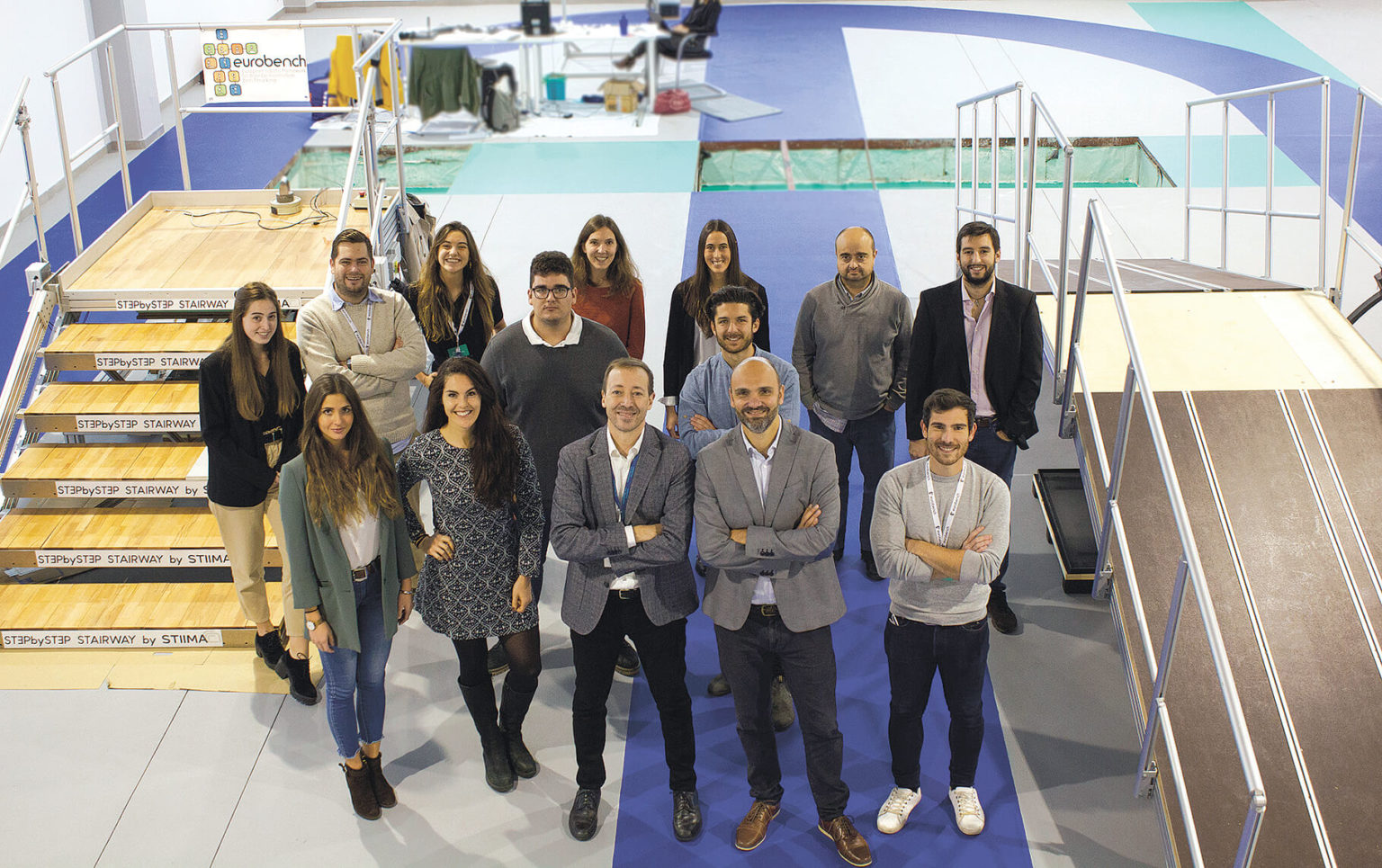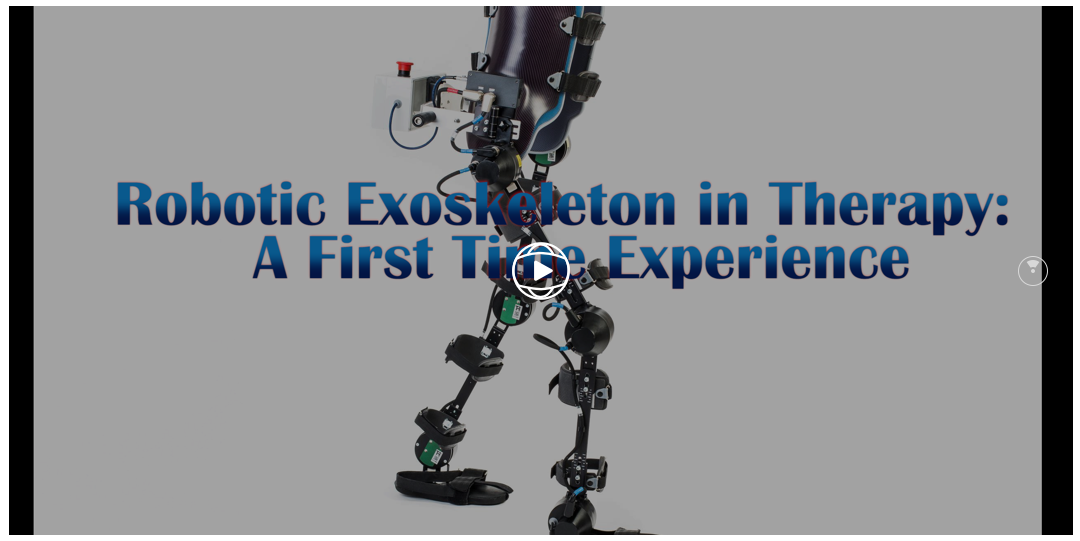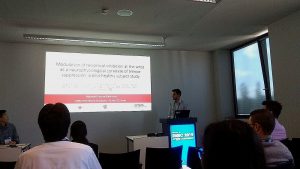The CSIC launches the JAE-Intro 2020: Introduction to research fellowships for University students with the objective to introduce students to research career. Open call from 9 March to 9 April 2020 (interrupted due to the COVID-19 crisis).
The 250 fellowships offered by the CSIC, of 3,000 € each for 5 consecutive months, with the possibility to extend it to 4 more months and with 3,000€ more.
The call is for university students with an excellent academic record. Applicants should have an average grade equal or higher than 8.00 (Arts and Humanities, Sciences, Health Sciences and Social and Legal Sciences) or than 7.00 (Engineering and Architecture).
The scholarships are for university students coursing the degree on 2019-2020 (with at least 80 % of credits), or who are studying an official university master during 2019-2020 or are going to be students of official university master in the year 2020-2021.
The objective is to initiate them in the research activity in the diverse scientific areas, and to enable them to be in contact with the CSIC institutes or research centers.
The NRG offers 2 projects within this call in ‘Science and Physical technologies‘:
JAEINT20_EX_0824 – Design of neuroplasticity markers based on high-density electromyography – Principal Investigator: Dr. Juan C. Moreno
JAEINT20_EX_0917 – Study of human gait in robotic exoskeletons – Principal Investigator: Dr. Diego Torricelli
The funded and mentored research training period will be at Cajal Institute during the academic year 2019-2020.
In case you are interested in applying for this projects, you will need to select them in the application platform. Please do not hesitate to contact us at any point of the process in case you have any question or you would like to receive more information.
Contact us



